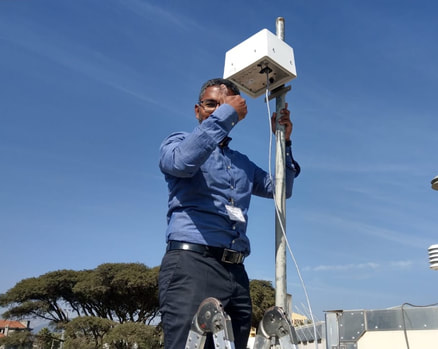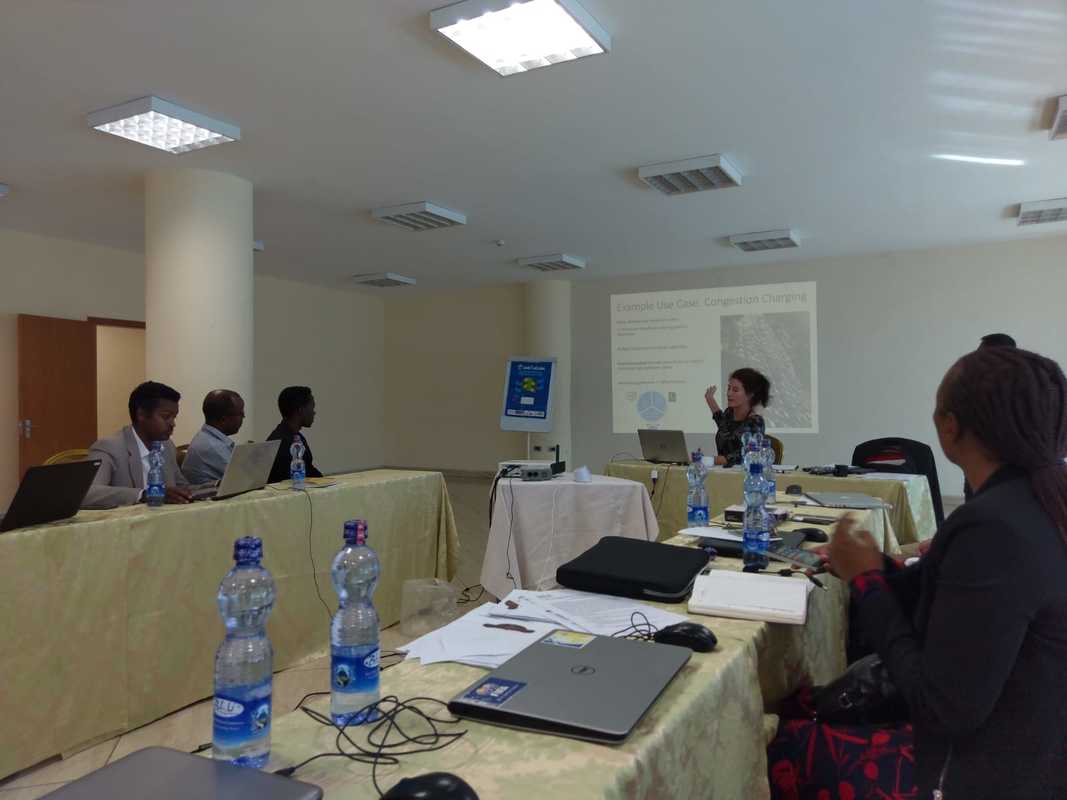THE NATIONAL WORKSHOP ON AIR QUALITY ASSESSMENTS FOR HEALTH AND ENVIRONMENT POLICIES IN AFRICA
03 - 05 December 2018, Ethiopia
Air pollution is the leading global environmental health risk factor responsible for over 3.8 million deaths annually due to exposure to fine particulate of matter (PM) in the outdoor air. This is estimated to cause approximately 94 000 deaths per year in Botswana, Benin and Ethiopia combined from outdoor and indoor air pollution. Thus, African countries need to formulate and implement evidence-based policies to address and mitigate air pollution impact on health. However, many countries in Africa, need substantial efforts upstream in the policy cycle, in establishing and strengthening the evidence-base for policy making and policy implementation related to ambient air quality. To address this gap, UN Environment in partnership with the Government of Benin, Botswana and Ethiopia will hold National workshops in each country to strengthen capacity of policy makers, academics and other actors to strengthen and use data and information to: I) assess air pollution levels II) support the development and implementation of evidence-based policies on air quality and health. The proposed National Workshops follows the initial country visits conducted in the months of January and February in 2018 and will build on leveraging support to bridge the gaps identified in the Draft Report shared with the country focal point in May 2018. The overall objective for the proposed National workshop in Ethiopia is to develop a practical approach to generate, access, understand and use data and information for ambient air quality assessment for policy action.
03 - 05 December 2018, Ethiopia
Air pollution is the leading global environmental health risk factor responsible for over 3.8 million deaths annually due to exposure to fine particulate of matter (PM) in the outdoor air. This is estimated to cause approximately 94 000 deaths per year in Botswana, Benin and Ethiopia combined from outdoor and indoor air pollution. Thus, African countries need to formulate and implement evidence-based policies to address and mitigate air pollution impact on health. However, many countries in Africa, need substantial efforts upstream in the policy cycle, in establishing and strengthening the evidence-base for policy making and policy implementation related to ambient air quality. To address this gap, UN Environment in partnership with the Government of Benin, Botswana and Ethiopia will hold National workshops in each country to strengthen capacity of policy makers, academics and other actors to strengthen and use data and information to: I) assess air pollution levels II) support the development and implementation of evidence-based policies on air quality and health. The proposed National Workshops follows the initial country visits conducted in the months of January and February in 2018 and will build on leveraging support to bridge the gaps identified in the Draft Report shared with the country focal point in May 2018. The overall objective for the proposed National workshop in Ethiopia is to develop a practical approach to generate, access, understand and use data and information for ambient air quality assessment for policy action.
|
National Workshop Objectives
|
National Workshop Outcomes
|





